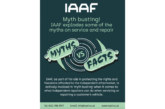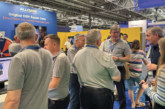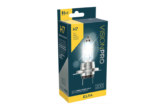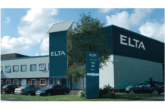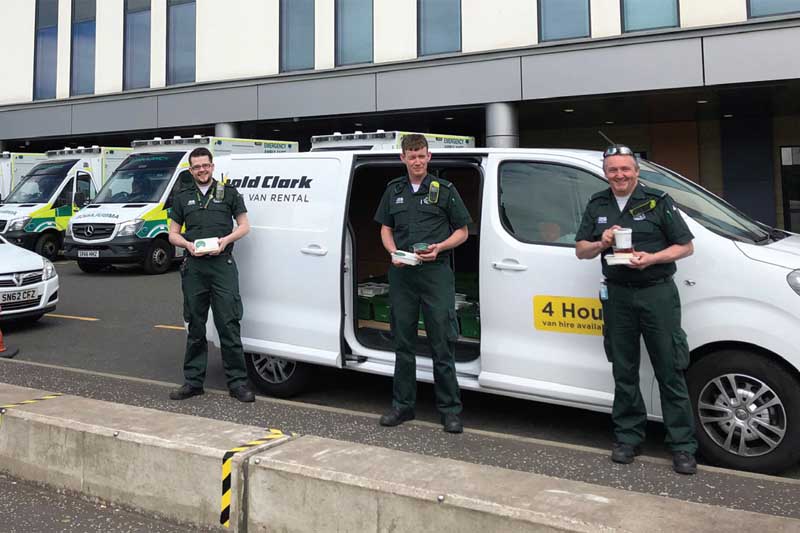
PMF sat down – in a socially distanced manner – with Craig McCracken, Group Factor Manager at Autoparts UK and Arnold Clark, to assess how Midwest Motor Factors has dealt with the coronavirus crisis.
Q. Talk us through Midwest Motor Factors’ experience throughout lockdown. How was business?
Craig McCracken (CM): Initially, government restrictions made it difficult to trade effectively, so some branches unfortunately had to close. No industry can ever really plan for a pandemic, but we have effective procedures in place to ensure that customers could order safely, and that members of the team could operate in a safe and proactive manner.
We listened closely to recommended guidelines, and acted quickly to implement the necessary measures, including installing safety screens at each counter and employing strict social distancing rules. We also introduced product groups that would help customers trade safely and more efficiently, such as vehicle sanitisation equipment and PPE.
As part of Arnold Clark, Midwest, alongside Monmore Auto Parts and Autoparts UK, helped to make an enormous amount of resources available, providing over 1,000 vehicles to NHS and frontline workers free of charge so they could get to work. All three companies also supplied 10,000 disposable seat covers for use by NHS staff.
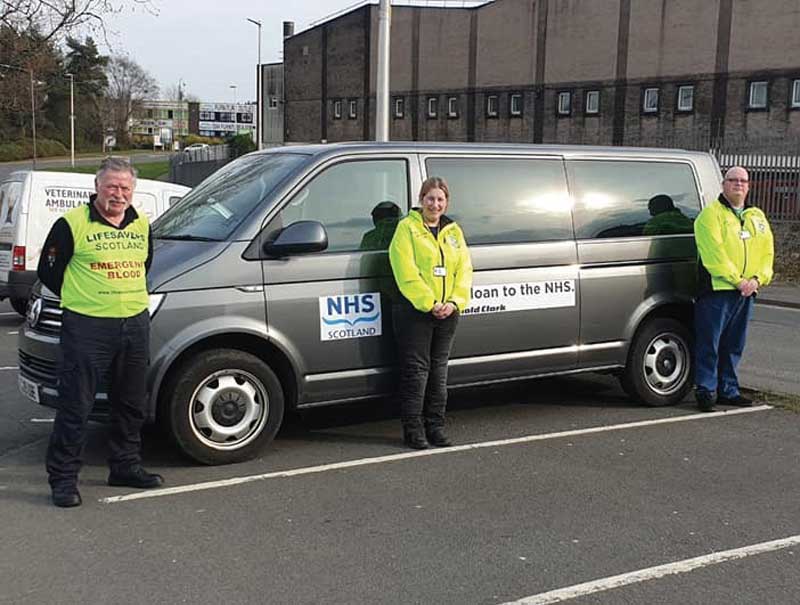
Q. Did you see a gradual rise in business as soon as the lockdown was lifted, or was it more of a sharp increase?
CM: Since we re-opened, demand has soared, and we’ve been really busy. This is a direct result of the MOT exemption, as it resulted in hundreds of thousands of vehicles going for long periods of time without necessary repair and maintenance work. We’re now seeing a spike in vehicles needing an MOT, and this is expected to continue throughout autumn. We will continue to support customers during this busy period by communicating closely with the entire supply chain to make sure that availability remains strong and technicians have quick access to required parts.
Q. Have you noticed a significant change to the market, in terms of product groups being more popular than usual?
CM: During lockdown, many vehicles weren’t in operation and were left unused on driveways, which has led to a number of faults. For example, although we didn’t necessarily have a very cold winter this year – meaning we didn’t experience the usual peak for batteries – batteries were in demand during the summer months, as drivers hadn’t been using their vehicles sufficiently.
General service items, such as filters and spark plugs, have remained high despite the MOT exemption.
Q. Have any of your suppliers been particularly helpful in providing you with the assistance that you needed throughout this period?
CM: With demand for particular products being unpredictable over the past few months, the toughest thing for suppliers is maintaining availability, as it is difficult for them to plan ahead and forecast.
We work closely with all of our suppliers and have procedures in place to make sure that we can communicate effectively at all times, enabling us to manage demand and availability as best as possible.
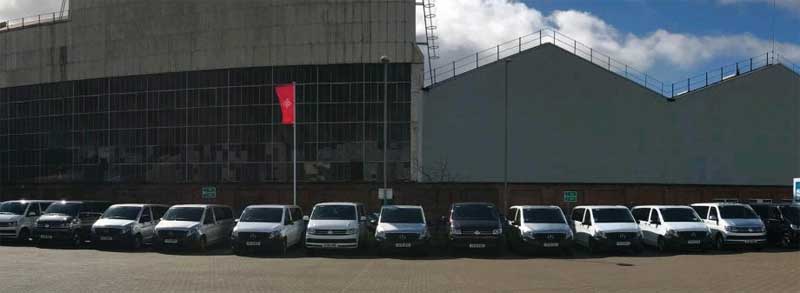
As an industry, we’ve had to evolve and change how we work by maximising online trading, while still communicating regularly through online meetings.
We’ve also worked really closely with garages over the past few months to understand their revolving requirements. Effective online trading helps to make sure that customers have access to our business 24 hours a day, safely and securely, with same-day delivery.
Motor factors’ demands are the same today as they were six months ago. On a positive note, the pandemic has opened the industry’s eyes to different ways of working together, and that includes parts suppliers, garages and motor factors. The most important thing for us was to effectively communicate throughout every stage of the pandemic and make sure that as we emerged from it, our customers emerged with us.


